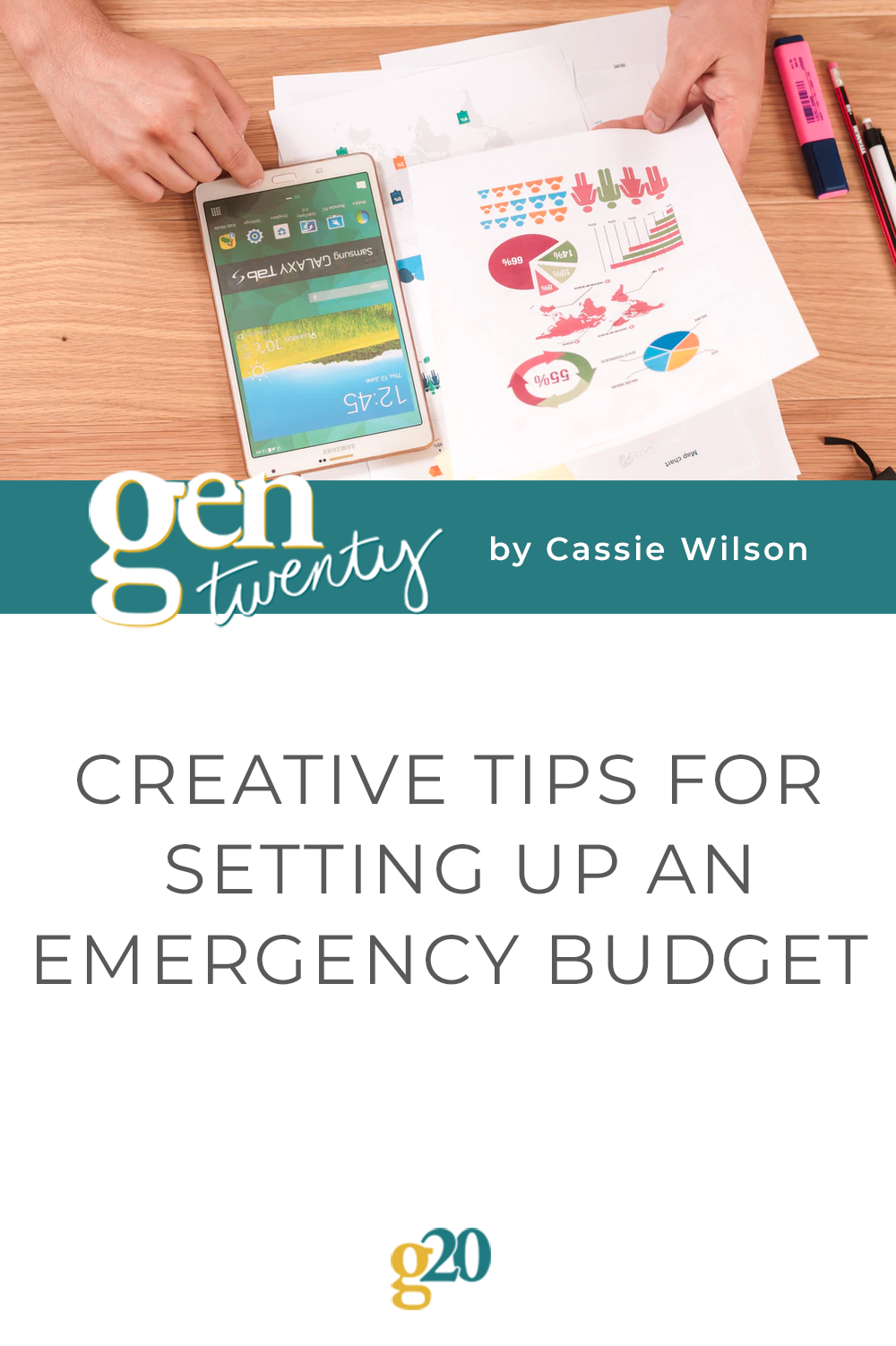An emergency fund is an essential tool in protecting your finances when unplanned expenses arise. Building an emergency fund isn’t only commonly talked about in the financial industry, but it’s also highly recommended. However, besides setting aside some money, having an emergency budget in place is also crucial, especially if your financial hardship takes longer.
Creating a plan for managing the little income and cash at your disposal can give you more control of the situation. Whether you’re dealing with a sudden medical bill, car breakdown, home repair, or job loss, it’s always best to allocate every amount of your money.
To help you take care of your financial health even in unexpected circumstances, here are some creative tips for setting up an emergency budget:
Know Where You Stand Financially
Before making any changes, it’s essential to get a clear picture of where you stand financially. You can start with checking how much you’re earning and how you’re spending it. A good understanding of your current financial situation will help you develop a better financial plan.
If you lose your job, determine the amount of money available for use. It’s also vital to evaluate how much debt you have. This way, you’ll be able to plan and manage what you have until you get back on track financially. Remember that knowing and facing your financial truth is the best way to move forward with your finances.
Reassess Your Regular Budget
Your usual daily, weekly, or monthly budget may not work during financial emergencies. But it’ll tell you how much you’re spending and the necessary adjustments you need to make. Note that reassessing your regular budget can help you stretch your income or savings to carry you through the crisis.
You can do this by reviewing your monthly bank transactions, utility bills, and credit card statements. Add them up to determine the average amount of money youare spending weekly or monthly.

Prioritize Expenditures
After calculating your total monthly expenses, the next thing to do is prioritize them. Classify each expenditure into necessary and unnecessary. Everyone’s lifestyle is different, so it’s entirely up to you to decide what’s more important. But here’s a guide in doing so:
- Necessary Expenses. Also known as fixed expenses, these types of costs cover the things you absolutely need every month. They usually include groceries, utilities, clothing, rent or mortgage payment, car payment, insurance, and public transportation passes.
- Unnecessary Expenses. Also known as discretionary expenses, this type of expenditure covers the items you can live without. They typically include monthly subscriptions and entertainment expenses.
Cut All Unnecessary Expenses
After listing and prioritizing all your expenses, the next crucial thing to consider are the areas you can cut back. You can save a substantial amount of money by simply canceling any monthly subscriptions that you can live without, such as gym memberships, cable, or streaming services. Cut unnecessary spending from your budget as much as possible.
It’ll also help if you begin to make all of your meals instead of eating out. Also, try reducing the number of personal services you pay for. If you can do your own manicure, lawn care, or other personal care, you’ll be amazed by how much you’ll save.
Bear in mind that you can always put these expenses back in your regular budget once the emergency settles down and you’ve recovered financially.
Reduce Your Fixed Expenses
There are certain things that you can’t remove from your budget and these are your fixed expenses. While you can’t avoid paying for them, you can work on reducing such expenses. You can start by reviewing your energy, broadband, and phone bills, ensuring that you get better deals on them.
Many cell phone providers or utility and cable companies are willing to offer more economical options, such as putting you on a different plan with a cheaper cost. You may also consider shopping around for lower rates. But before doing so, make sure to check your contract.
For mortgage and debt repayments, try working with your lender and see if there are any options to lower your interest rate or defer payments.
Other Financial Steps To Consider
Taking out a loan is probably the last thing you have in mind when you’re trying to set up an emergency budget. But if it doesn’t work out even after reducing your fixed expenses and cutting all the unnecessary ones, considering a loan from online lenders also makes sense to tackle sudden or urgent expenses immediately.
Looking for other sources of income may also help. You can start a side hustle by working as a freelancer online. If you have unused valuable items, you can also sell them online for cash.
It’s a good idea too to ask for advice from financial experts. There’s affordable or accessible financial advice online on ways to create an emergency budget and manage personal finances.
Rebuild Your Finances Slowly
Having an emergency budget can help you survive when your finances are strained. Depending on your situation, it may take some time and hard work to rebuild your finances. Remember that it may also require significant lifestyle changes to get you back on track financially.
